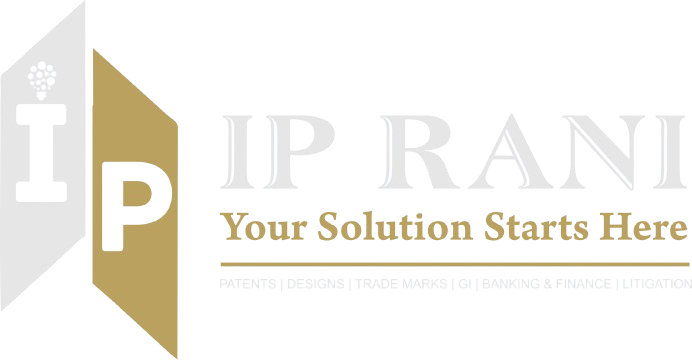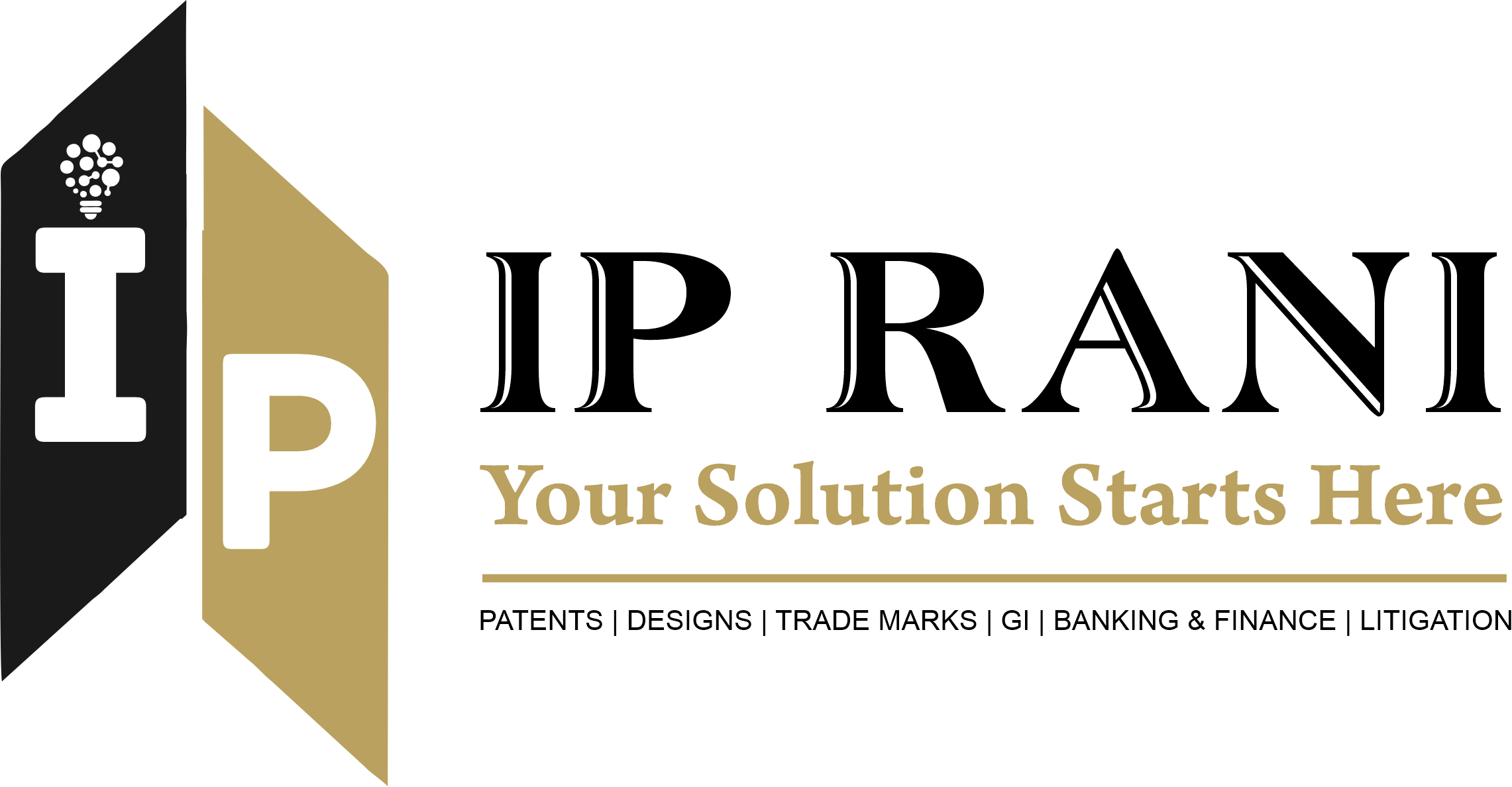What is a Hearing in Copyright?
A hearing in copyright refers to a formal legal proceeding where parties involved in a copyright dispute present their arguments, evidence, and witnesses before a decision-making authority, such as a copyright tribunal or a court. The hearing aims to resolve issues related to copyright infringement, ownership disputes, objections to registration, or other copyright-related conflicts.
When Does a Hearing Occur?
A hearing typically occurs under the following conditions:
1. Objection to Copyright Registration:
- When an objection is raised against the registration of a copyright, and the preliminary responses have not resolved the issue.
2. Copyright Infringement Cases:
- When a copyright holder files a lawsuit against an alleged infringer, claiming unauthorized use of their copyrighted material.
3. Disputes Over Ownership:
- When there is a conflict regarding the rightful ownership or authorship of a copyrighted work.
4. Licensing Disputes:
- When disputes arise over the terms, scope, or execution of a copyright licensing agreement.
5. Appeals and Reviews:
When a decision by a copyright office or lower court is appealed, leading to a hearing before a higher authority.
Conditions of a Hearing
1. Notification:
- Both parties receive formal notification of the hearing date, time, and venue. The notice includes details of the issues to be addressed.
2. Representation:
- Parties may be represented by legal counsel, such as copyright attorneys, who will present their case.
3. Submission of Evidence:
- Parties must submit all relevant evidence, documents, and witness lists before the hearing, as per procedural requirements.
4. Hearing Procedure:
- The hearing follows a structured procedure where both parties present their arguments, submit evidence, and cross-examine witnesses.
5. Decision:
- After the hearing, the decision-making authority will deliberate and issue a ruling based on the evidence and arguments presented.
Why a Professional is Important for Copyright Hearings
1. Legal Expertise:
- Copyright attorneys and professionals have specialized knowledge of copyright law, procedures, and precedents, which is crucial for effectively presenting a case.
2. Case Preparation:
- Professionals can thoroughly prepare the case, gathering evidence, drafting legal arguments, and strategizing on the best approach.
3. Procedural Compliance:
- Ensuring compliance with procedural rules and deadlines is critical. Professionals manage these aspects to avoid any procedural errors that could jeopardize the case.
4. Representation and Advocacy:
- Legal professionals are skilled in advocacy and can represent their clients effectively, presenting arguments persuasively and cross-examining witnesses.
5. Strategic Negotiation:
- Professionals can negotiate settlements or alternative resolutions, potentially avoiding the need for a prolonged hearing.
6. Understanding of Complex Issues:
- Many copyright issues involve technical or complex legal points. Professionals can understand and explain these issues clearly to the decision-making authority.
7. Risk Management:
- Legal professionals can assess the risks involved in a hearing and advise on the best course of action, including whether to settle or proceed with the hearing.
8. Post-Hearing Procedures:
- After the hearing, professionals can assist with any necessary follow-up actions, including appealing the decision if required.
Conclusion
- A copyright hearing is a formal legal process where parties in a copyright dispute present their arguments and evidence before a decision-making authority. Hearings occur in cases of objections to copyright registration, infringement disputes, ownership conflicts, licensing disagreements, and appeals. Engaging a professional is crucial due to their legal expertise, ability to prepare and present a strong case, ensure procedural compliance, and provide effective representation and advocacy. This professional assistance significantly enhances the likelihood of a favorable outcome in copyright hearings.
We provide diverse services in the copyright field including:
- Copyright Searches
- Copyright Applications
- Copyright Prosecution
- Copyright Registration
- Response to Office Action
- Copyright Hearings
- Portfolio Management
- Assignment Recordals
- Licensing and Recordals
- Due Diligence
- Copyright Cancellation Actions


